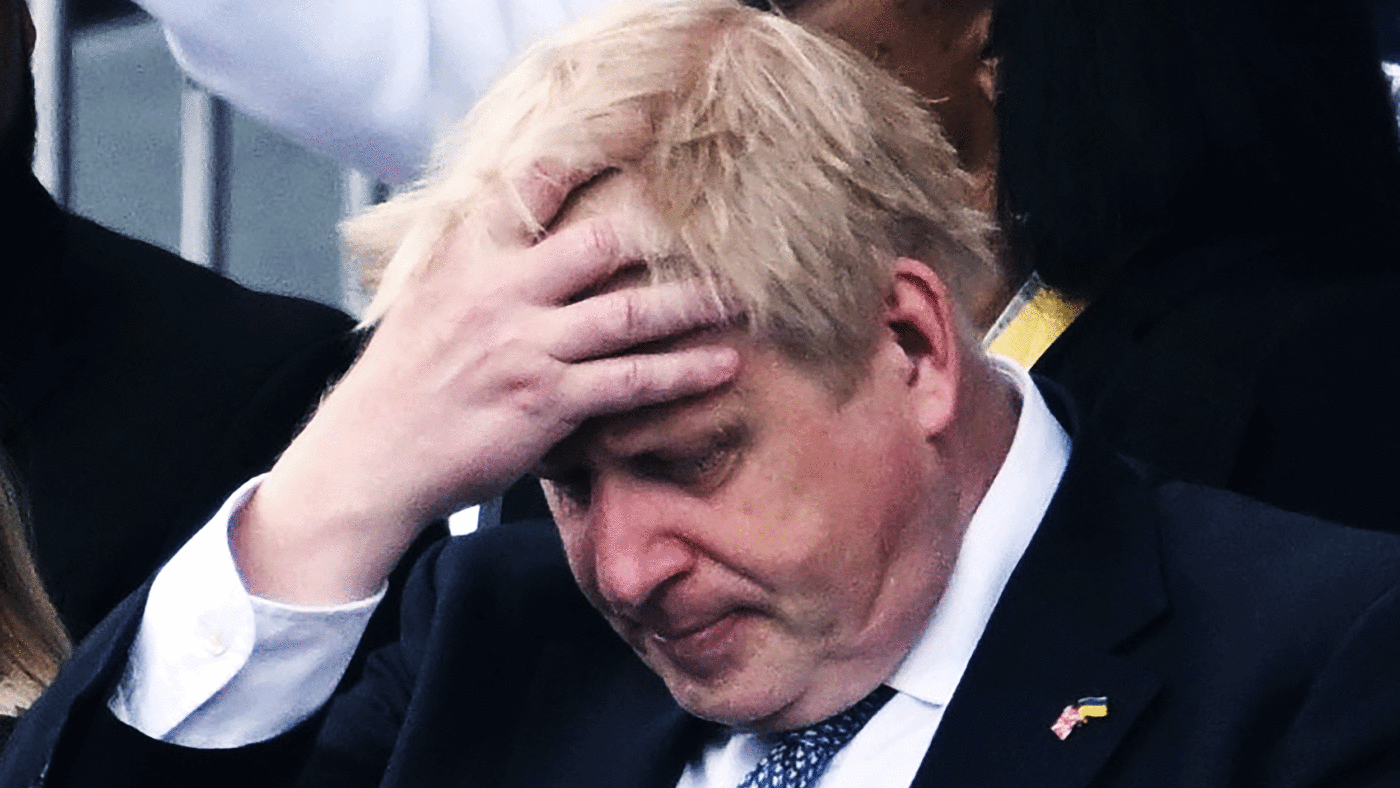Conservative MPs like to believe they are masters of regicide. When frustrated, according to Alan Clark, ‘the party reverts, all too predictably, to cannibalism’. Writing his history The Tories in 1998, Clark was still in the shadow of the 1990 defenestration of his beloved Margaret Thatcher – a lady with whom, he said, he didn’t ‘want actual penetration – just a massive snog’. He read back into his party’s history a penchant by MPs for toppling their leaders when displeased.
Yet this rather gives Tory MPs a level of credit they don’t wholly deserve. Yesterday’s vote of no confidence was a case in point. Undoubtedly, the Prime Minister is seriously wounded. But his opponents failed to land the fatal blow. The greased piglet could yet squeak free.
That he has even the potential to survive is a testament to the lack of coordination amongst those plotting against him. Potential challenges have been floated for months as letters have drifted in and out as the polls have plummeted. But Tory MPs were frit – and used the war in Ukraine to sit on their hands. Those MPs who only a week ago were saying it was wrong to move against Johnson during the invasion now look like chumps.
As such, yesterday is in the Conservative Party’s grand traditions of failed coups, underwhelming putsches, and mistimed leadership challenges. The most recent, all will remember, was the attempt against Theresa May in December 2018. Led by Jacob Rees-Mogg and Steve Baker, it failed since the two Brexiteers did not reach out to all wings of the party. Remainer Tories – most MPs – were spooked and clung to nurse for fear of something worse.
The European Research Group and its acolytes who mythologise themselves as ‘Spartans’ like to claim credit for forcing May out after her three failed Meaningful Votes on her Brexit deal – a trilogy to make the Star Wars prequels seem appetising. Yet what really caused the bulk of the party to move against her was the Conservatives coming fifth, on 8% of the vote, in the 2019 European election.
And that has been the general tale of Tory party regicides. It has not been MPs that have dealt the fatal blow to their leaders, but the electorate. It took Edward Heath to lose two elections in 1974 before Margaret Thatcher moved against him. Even then, it was assumed Heath would win against her. When told by Thatcher she was standing against him, he replied only with a haughty ‘if you must’. William Waldegrave later attributed his defeat to his failure to promise more honours.
Thatcher faced her own challenge in 1990. A backbencher stood against her a year before to whet the appetite. Following Geoffrey Howe’s resignation, Michael Heseltine had his go. Yet Heseltine had the same problem as Mogg and Baker three decades later: just as many in the party disliked him as disliked her. Thatcher was away at a summit in Paris which, Alan Clark suggested, made her seem ‘snooty and remote’. Had she stayed, she may well have got the four votes she needed to win.
The action against Thatcher was based on several factors – a weakening economy, her personal manner, the Poll Tax, Europe, and the natural weariness that 12 years at the top brings. Nevertheless, it suffered from not coming after an election. Similarly, when John Major resigned in 1995 and asked his party to back him or sack him, nobody but John Redwood had the courage to challenge him. Years of trailing in the opinion polls led to the inevitable defeat in the 1997 general election.
In fact, only one recent Conservative leader has been successfully removed by a confidence vote: Iain Duncan Smith in 2003. But he was an outlier. The boneheaded rules by which the Conservative Party chooses its leaders meant he was elected by the wider party membership after Kenneth Clarke had been the choice of MPs. The prospect of something similar happening – and a few unguarded remarks – caused Andrea Leadsom to drop out in 2016.
William Hague, Michael Howard, and David Cameron all departed after failing to win an election or referendum. And it is to the loss of those plotting to remove Johnson that they failed to wait until the by-elections in Wakefield and Tiverton and Honiton. If those are lost, it will show Johnson is failing in both the Red and Blue Walls.
Perhaps that will be enough to convince the party that has injured the Prime Minister to finish the job. If that happens, the man who models himself on Churchill should take comfort from the fact it wasn’t the ruthless efficiency of the party machine that did for him in the end, but democracy.
Click here to subscribe to our daily briefing – the best pieces from CapX and across the web.
CapX depends on the generosity of its readers. If you value what we do, please consider making a donation.


